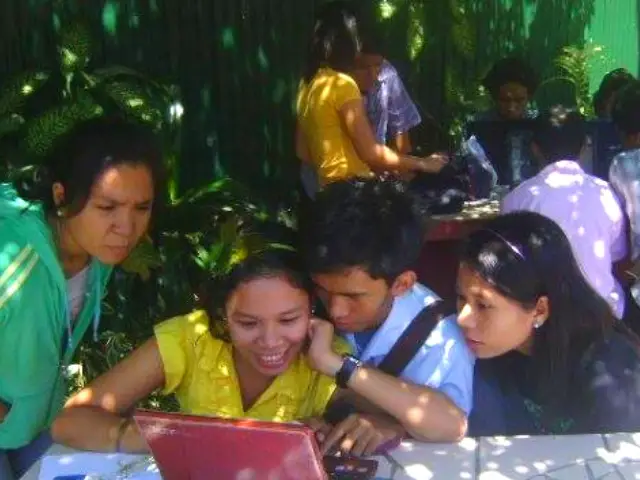How Proper Education Can Impact Your Children’s Lives In The Future

Education is a continuous process that begins at birth, develops in the early years and continues throughout life. The objective of education is to achieve the overall development of the person. Education thus contains many aspects such as values, behaviours, knowledge, etc.
Thus contributing to the future happiness of children, education makes it possible to determine the type of person they will become.
However, being tough, scolding, pampering…it is not always easy to make the right decisions when it comes to educating a child. Each parent may therefore ask himself or herself at some point whether he or she is on the right track to make his or her child a happy person who has confidence in himself or herself and in his or her accomplishments.
There is no magic formula! Education depends on different criteria such as the child’s personality and environment.
However, it is essential to know some general guidelines for the proper education of children. For example, it is necessary to learn to remain calm and to ensure that they are provided with a climate of affection, trust and security.

There are many myths, without foundation on how to educate children. Here are some of them:
The child must be punished a few times and a slap from time to time does not hurt him. This idea is very common, but nowadays, it is really necessary to review this way of doing things, which does not bring any convincing results. Children can be punished, but they should never be harmed or physically or emotionally abused.
If the child has his character no matter what you can do to change him, he will continue to behave in a certain way. Everyone has their own personality and way of behaving. The best you can do is to try to understand your children and what motivates them. This will help you to better know how to proceed with them.
All conflicts with children are negative. This is another idea that is as common as it is false. Conflict is also an opportunity for children’s development and learning. Some conflicts are positive experiences that allow you to learn.
It is better to avoid problems and suffering for children. This is good but not always. Children must also learn how to solve problems and how to deal with them constructively. By avoiding all problems, they will grow up in an illusion and will have difficulty coping with certain situations that can have a great emotional impact on them.
Affection and understanding. At all times there must be an atmosphere of love and understanding around the child. Create an atmosphere in which the child will not feel judged. Show your appreciation at all times. Gestures of love and affection are essential for the emotional development of children.
Discipline. Over time, children learn how to behave and shape their personality. It is therefore good to test them and test what they can do. They must also know what is and is not allowed to be done.
Coherence. It is important that educational rules also contain notions of coherence. We must ensure that there is consistency between what is said and what is done by children; there must also be consistency between what educators do and say. Finally, this consistency must be valid at all times.
The experience. The experience will be used to consolidate learning. It must be done with patience and firmness to give children peace of mind and discipline.
The example. As parents and educators, adults serve as role models for the youngest. We must take this into account and act accordingly.
Emotional education. Do not neglect the emotional education of children. For their proper development, it is essential to pay attention to social and personal skills such as self-esteem, self-control, empathy, assertiveness, etc.
Trust… calls for trust. Children should be allowed to do what little they can do to cope with the difficulties; they should learn to overcome them themselves. It is also essential that we understand that if we trust them, they will trust us back.
Communication, listening and dialogue. Good education is closely linked to effective communication.
Time and games. Spend time with your children; they will feel reassured and cared for knowing that you have time for them. Take advantage of the time spent together because in childhood, play is essential and has significant benefits at any age. Games serve to strengthen emotional bonds, while providing an excellent opportunity for learning and development.
Set limits. Set clear and precise boundaries for your children to preserve good understanding at home.


Like!! Great article post.Really thank you! Really Cool.
You are my breathing in, I own few web logs and infrequently run out from to post .